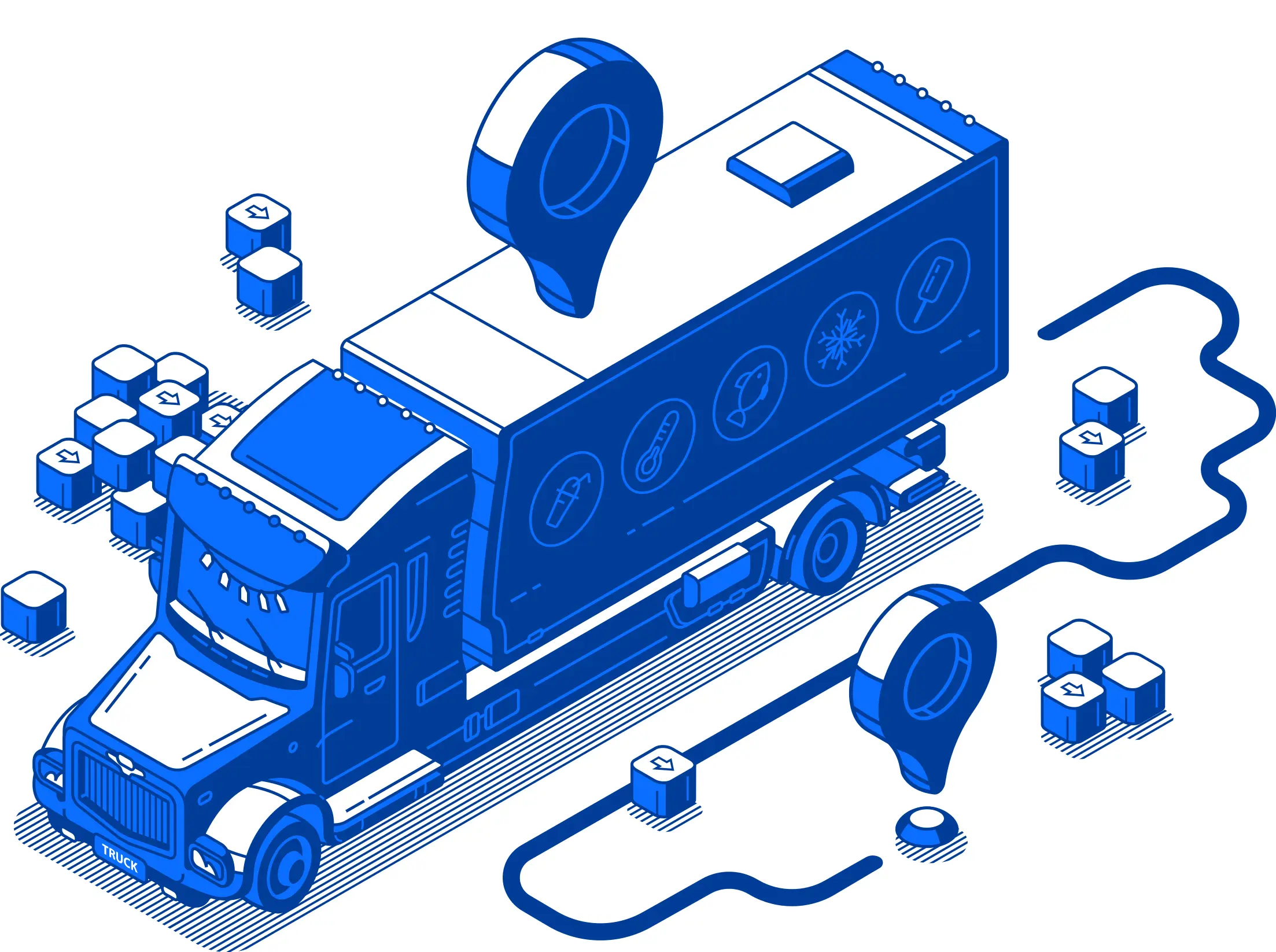The Biden-Harris Administration created the Trucking Action Plan to help strengthen the U.S. supply chain and trucking industry. The goals are to ensure drivers are getting fair wages and benefits, boost the number of available registered apprenticeships for new truck drivers, and work on improving driver retention.
Several of the nation’s truck driving laws are changing or being studied in order to make improvements during the year. Take a closer look at those changes to understand better how they’ll affect your trucking business.
Entry-Level Driver Training (ELDT)
Starting in 2022, the way new drivers receive their training changes. This new law establishes specific qualifications for CDL instructors. It also requires a set program nationwide for new drivers who are going for a Class A or Class B CDL, upgrading a current CDL, or getting one of the endorsements (school bus driver, passenger, or hazardous materials).
EDLT requires entry-level drivers to pass driver training with a qualified CDL instructor who is on the list of approved instructors. The program includes both Theory Training and Behind-the-Wheel Training.
Theory Training requires a score of 80% or better and includes:
- Basic operations and safe operating procedures
- Advanced operations
- Hours of service and other non-driving activities
- Vehicle systems and reporting malfunctions
Behind-the-Wheel Training doesn’t have set hours. New drivers must continue working with an instructor until the instructor deems the driver to be proficient. It includes:
- Operation of a commercial motor vehicle, including basic controls and maneuvers
- Driving time on a public road or range
- Time behind the wheel cannot be in a simulated commercial vehicle
The new law takes effect on February 7. There is an exception. Drivers who hold a CLP or CDL issued before February 7 can get their CDL by that date and not have to complete ELDT first for a CDL or endorsement. If the CLP expires before a driver applies for a CDL, they must complete ELDT.
Some states are allowed to grandfather specific drivers from meeting the skills test of this new requirement. The grandfathering rule applies to drivers with experience driving military vehicles, emergency vehicles, and farm equipment. Under no circumstance can a driver be grandfathered from a CDL knowledge test.
On January 4, the Department of Education and the Federal Motor Carrier Safety Administration (FMCSA) announced a federal waiver that would allow states to waive the CDL skills test covering engine components. By waiving this skills test and focusing on a road test and other written exams, it’s hoped that states can solve the school bus driver shortages that are affecting many cities and towns.
Installation of Automatic Emergency Braking Systems
Automatic emergency braking systems help lower the risk of severe crashes. While many passenger vehicles have automatic braking systems to prevent crashes, it’s still a new technology in big rigs. The NHTSA is looking at making automatic braking systems standard in heavy trucks.
In 2022, the FMCSA is updating minimum periodic inspection standards as more trucks are equipped with this technology. This change is still in the works, but close to two dozen truck manufacturers have promised to get automatic emergency braking systems in their trucks by the end of 2022. Trucking experts will test the braking systems heavily to ensure compliance with NHTSA rules.
The Driving Good Jobs Initiative
As truck drivers are generally not paid for the time spent unloading or loading their trucks or waiting to reach the loading dock, it’s driving wages down. The government’s Driving Good Jobs Initiative is looking into these issues. The goal is to have regular discussions with drivers, their unions, and work centers to develop ways to ensure fair wages.
One of the first actions to take place from discussions that have taken place is to stop the congestion at the nation’s largest ports. To do this, pop-up container yards that accommodate both trucks and trains have been established inland in North Carolina and Georgia. Fees for a weekend or overnight pick-ups are being waived. Plus, money is being earmarked to help boost efficiency at the nation’s major ports.
Lowering the Federal Age Limit for a CDL to 18
Lowering the age limit for interstate commerce has been discussed for a few years. Some states already allow CDL drivers to be as young as 18 for local trucking routes, but it’s not true on interstate commerce unless that teen driver is in the military.
As most high school graduates are 18, it makes sense to offer these young adults a chance at a career driving a truck on interstate routes. The FMCSA is looking at lowering the age restriction to 18 to help ease the driver shortage. If this passes, it’s expected that teen CDL holders will have to go through an apprenticeship and pass two probationary stages.
Promoting Women in Trucking
H.R. 1341 was introduced in 2021, and there’s a push to make sure that the bill is approved in 2022. The fundamental goal of this bill is to bring more women into truck driving by establishing the Women of Trucking Advisory Board.
While approximately half of all U.S. workers are women, less than 7% are truck drivers. By creating an advisory board, it’s hoped that leaders can establish special training programs and mentorship programs to allow women to feel supported and safe entering this career.
Changes to Electronic Logging Devices
When electronic logging devices (EDLs) became the norm in the late-2010s, it was meant to heighten safety by accurately tracking a driver’s hours. Since they went into trucks, rules for short-haul and team drivers have changed to ensure safety by changing the rules regarding specific policies like exceptions for four hours-of-service during inclement weather, team driving, short-hauls, and rest breaks.
More changes are coming in 2022, though they haven’t been announced yet. The changes will focus a lot on the technical sides of EDLs as 3G technology fades away. If EDLs rely on 3G, they may no longer work correctly, which must be addressed.
Changes You Should Make in 2022
What changes are you planning to make in 2022? Any business owner should look at the last year’s revenues and expenses and find a way to maximize their money and retain workers. Did you have shortfalls leading you to delay payments to your workers or fail to pay a business loan or rent on time? That’s never a good situation to find yourself in.
As a trucking firm owner, getting paid on time is essential. You can’t pay your drivers if you haven’t been paid. Instead of waiting 30, 60, or 90 days for your brokers or shippers to pay you, get the money you’re owed within a day or two. With invoice factoring, the hassle of billing and tracking down payments is no longer your responsibility.
Talk to Saint John Capital about factoring your invoices. For a minimal fee, we pay you immediately when you submit your bill of lading. There’s no more waiting to get paid. You can pay your drivers and bills, keep your fleet on the road, and reduce the number of hours you’re spending on bookkeeping.
Applying for a freight factoring account is quick and free, and you have the power to pick and choose the invoices you factor. Plus, when you partner with Saint John Capital, we have a comprehensive online job board to help you find more work, an app to let you submit bills of lading quickly, and same-day payments.











